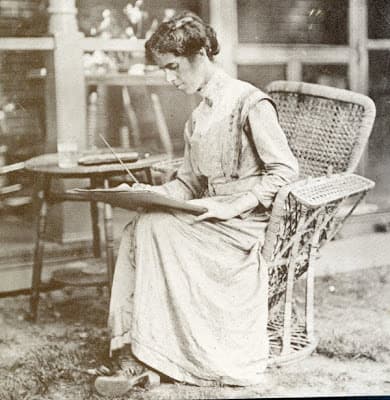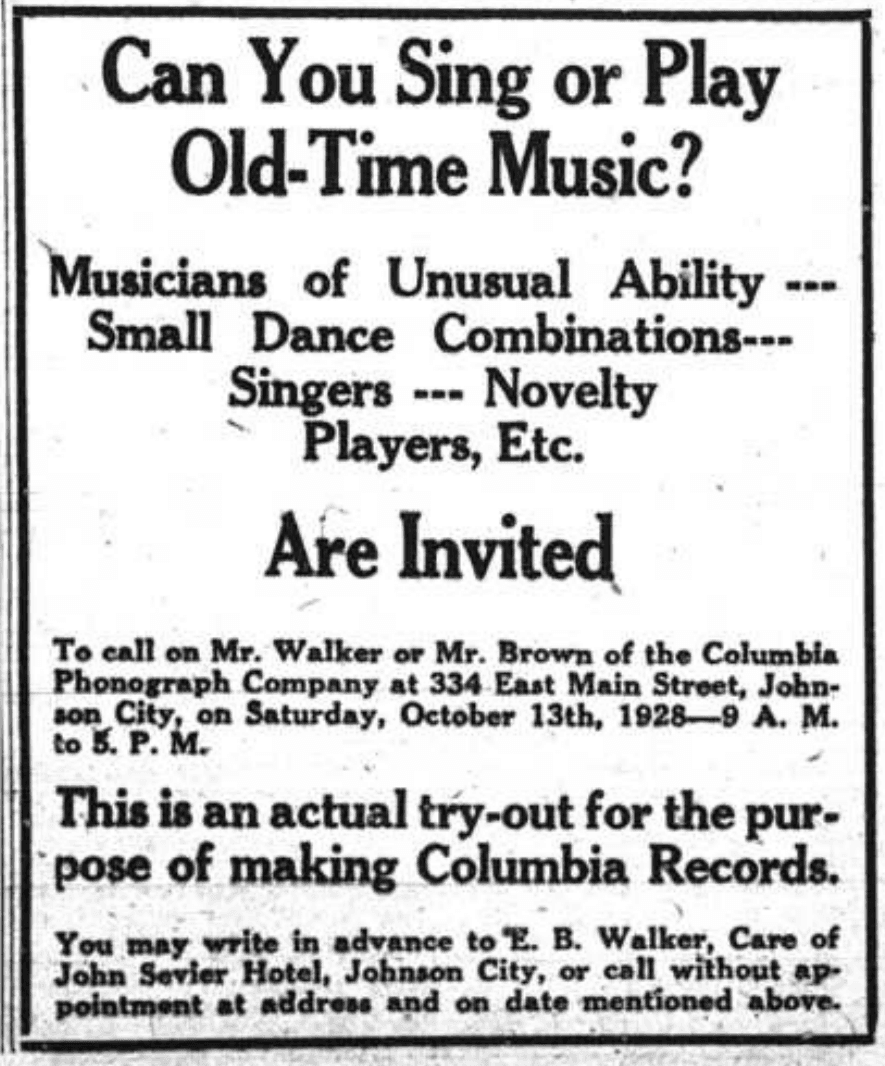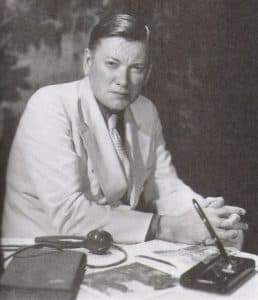Country music can be traced back to Colonial America
The genre begins with the folk music of the Colonial settlers, blending the area’s regional sounds, including gospel, African spirituals, and Anglo-Saxon, Scottish, and Celtic ballads.
Country music is a form of folk music dating back to Colonial America. Early country music was primarily played in the Southern United States and blended the area’s regional sounds, including gospel, African spirituals, and Anglo-Saxon, Scottish, and Celtic ballads.
The first known mention of the term “country” to describe music was in 1736, in an article about a local fiddling contest. As the modern recording industry emerged in the 1920s, country was deemed “hillbilly music,” a derogatory term aimed at the white people who typically recorded the songs. Though Black people were also making country music at the time, their records were categorized as “race music.”
In its centuries-long existence, the style has experienced several evolutions and spawned countless subgenres. In keeping with history, the music's sound keeps evolving, drawing in elements from electronic, hip-hop, and indie rock.
Hours of research by our editors, distilled into minutes of clarity.
The genre begins with the folk music of the Colonial settlers, blending the area’s regional sounds, including gospel, African spirituals, and Anglo-Saxon, Scottish, and Celtic ballads.
Ken Burns’ massive 2019 miniseries “Country Music” explores the genre and its rich history. In this interview with writer Walter Isaacson, Burns explains what drew him to country, his definition of this “mongrel” music, and why he considers it to be an integral part of American culture.
The November 26, 1736 issue of the Virginia Gazette described a fiddling contest for "country" musicians. While the musical style would go by many names over the next two centuries, "country" was the one that eventually stuck.
This BBC documentary offers a brief history of the recording, explaining how the wax cylinder recording was transferred to vinyl and how the singer was identified. Interestingly, it also suggests why this recording might have been overlooked for over a century.
This 1904 Harper’s Weekly article from Emma Bell Miles offers an early example of country music criticism. Miles traces the music’s roots to the mountaineers who pioneered it. It’s a famous piece for music writers: Miles saw a phenomenon building in the hills long before any major record label.

The term was meant to describe the rural people who typically performed the Appalachian folk music. Though Black people were also making country music at the time, their records were categorized as “race music.”
The electric microphone provided enhanced audio and greater portability, saving the fledgling record industry and making recording outside of New York and Camden, New Jersey, possible. This proved critical for capturing early country and rock ‘n’ roll.
Country music has been around since the early American colonies, but the modern country industry began in 1927 in a small town on the Tennessee-Virginia border. Here, Ralph Peer recorded songs from the Carter Family, Jimmie Rodgers, and a dozen more artists through a 12-day stint called “The Bristol Sessions.”

Peer presented each artist at the Bristol Sessions with three separate contracts: one for royalties on the record, one for publishing of the composition, and one for management. It was a business model that would become the norm for the nascent recording industry.

The Grand Ole Opry began as "The WSM Barn Dance," broadcasting from downtown Nashville. The name changed when its host, transitioning from the station's previous program, said, “You’ve been up in the clouds with Grand Opera; now get down to earth with us in a shindig of Grand Ole Opry!”
Art, music, sports, entertainment, movies, and many other subjects—these elements define who we are as a society and how we express ourselves as a culture. Take a deep dive into the topics shaping our shared norms, values, institutions, and more.